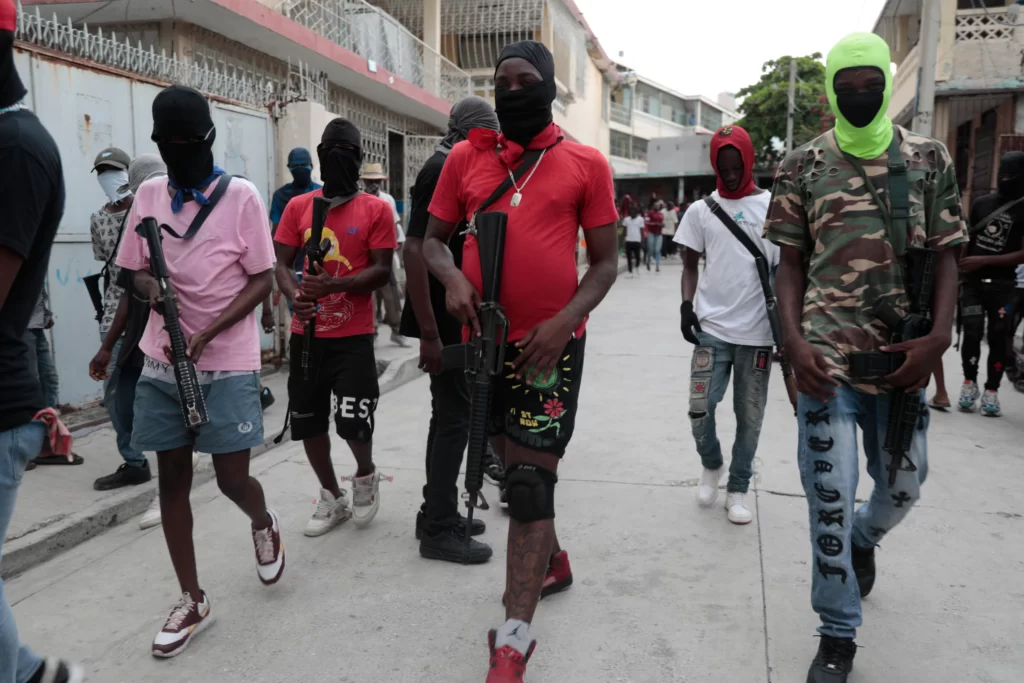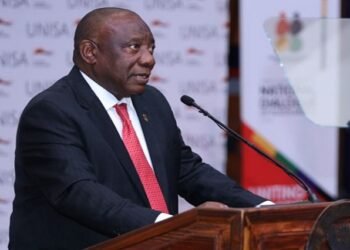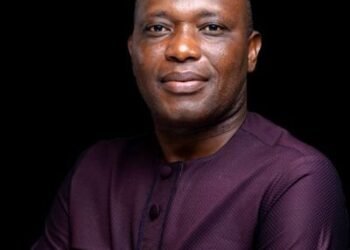Kenya and Haiti recently entered into a reciprocal agreement, as Kenyan President William Ruto announced.
Under this agreement, police forces from Kenya will be deployed to lead a United Nations-backed mission to maintain law and order in Haiti, a country plagued by gang-related issues.
President Ruto mentioned on Friday, March 1 that he and Haitian Prime Minister Ariel Henry discussed the necessary steps to expedite the deployment. However, it remains unclear whether this agreement will conflict with a court ruling from January 2024 that deemed the deployment unconstitutional.
The signing of the deal coincided with a period of heightened violence in the Haitian capital, Port-au-Prince, where deadly gang-related incidents led to the closure of businesses and schools, as well as flight cancellations.
Previously, Kenya had expressed readiness to offer up to 1,000 personnel for the mission, a gesture that received appreciation from the United States and other nations, that had decided against deploying their forces.
The US for instance, has a long and complex history with Haiti, dating back to the early 19th century.
During Haiti’s struggle for independence from French colonial rule, the U.S. failed to support the revolutionary movement led by Toussaint L’Ouverture.
This lack of support left a lasting impression on Haiti and contributed to a sense of mistrust toward foreign powers, including the US.
The subsequent US occupation of Haiti from 1915 to 1934 further strained relations and left scars on the nation’s psyche. As a result, any US intervention would be viewed through this historical lens.
However, a court in Nairobi declared the decision unconstitutional, citing the absence of a reciprocal agreement between the two countries as one of the reasons for its ruling.
Ruto stated that he and Henry had “witnessed the signing” of a reciprocal agreement in Kenya’s capital Nairobi.
“I take this opportunity to reiterate Kenya’s commitment to contribute to the success of this multi-national mission. We believe this is a historic duty because peace in Haiti is good for the world as a whole,” Ruto said in a statement.
Worsening Gang Violence

The UN Security Council gave the green light to the mission in early October 2023. However, concerns within Kenya about Nairobi’s participation led to a legal challenge.
The court’s decision cast uncertainty on the fate of a multinational force that Haiti’s government had long sought. They’ve been appealing for international assistance to tackle the violence, which has claimed nearly 5,000 lives.
Opposition politician Ekuru Aukot, who initiated the petition against the deployment, announced on Friday, March 1 his intention to file a case for contempt of court.
“We will question the validity of this secretive agreement,” he said.
Haiti, the poorest nation in the Americas, has been grappling with persistent turmoil for years. Armed gangs have seized control of various areas, unleashing brutal violence that has severely impacted the economy and public health system.
A notable gang leader revealed that multiple factions are coordinating efforts to launch attacks on state security forces. Their objective is to oust Prime Minister Henry from office, adding to the challenges faced by the beleaguered nation.
Gang leader Jimmy Cherisier also known as “Barbecue”, publicized the attack in a social media video just before the battles began.
“With our guns and with the Haitian people, we will free the country,” he said.
Haiti is currently without elected officials, as Prime Minister Henry assumed office with the support of the international community shortly after the assassination of President Jovenel Moise in July 2021.
According to a political agreement, the Prime Minister was expected to transfer power to elected officials by February 7 of this year. However, this transition has not taken place as of now.
READ ALSO: Zambia Declares National Emergency Amid Drought Crisis



















